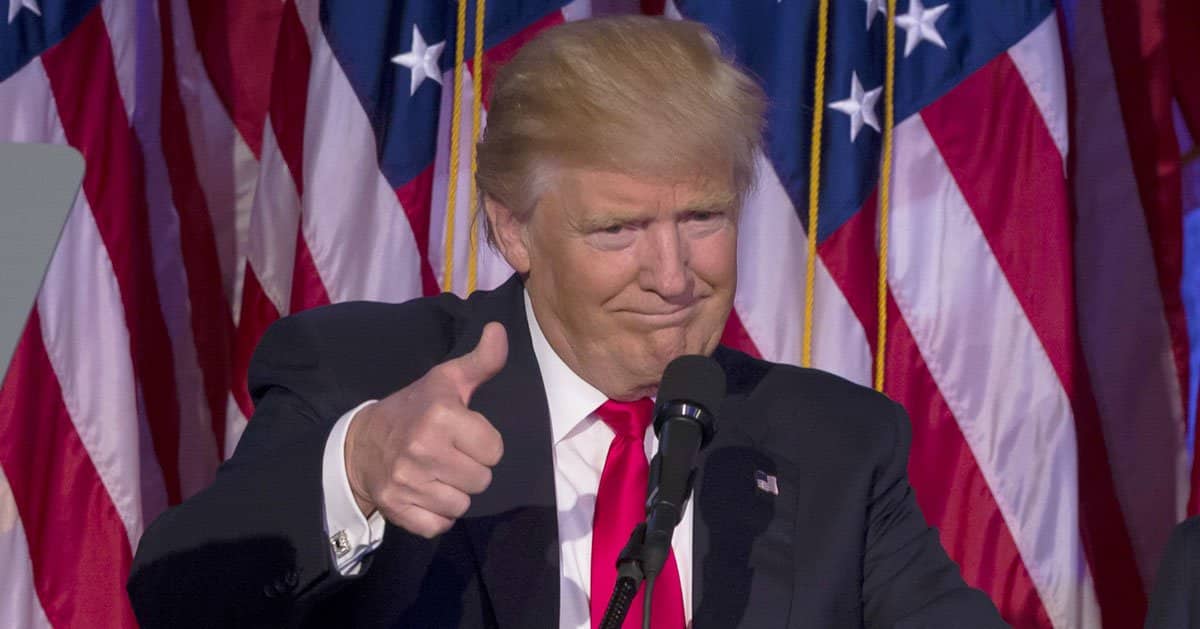








The unexpected decision by the International Association of Fire Fighters not to endorse any presidential candidate in the 2024 race has presented a significant challenge for the Harris-Walz campaign. This lack of an endorsement spotlights a broader difficulty for Democrats in maintaining traditional union support.
Politico reported that figures such as JD Vance and Tim Walz have engaged with union firefighters, showcasing differing receptions. While Vance faced criticism from union members in Boston, Walz enjoyed a warmer welcome from the same group the previous day.
The decision emerged after internal changes within the IAFF, including the addition of a pro-Trump representative from Texas and Oklahoma.
It was ultimately determined by a narrow board vote. The campaign, however, remains hopeful, focusing on gaining support from local chapters in critical swing states.
While President Biden has been recognized as a strong proponent of organized labor, Harris has faced difficulties in capturing similar backing. Nevertheless, the Harris-Walz team retains endorsements from other unions, such as the International Brotherhood of Electric Workers.
IAFF President Edward Kelly emphasized the gravity of the decision, reflecting a strategic aim to safeguard the union's harmony.
Previous indicators had led the Harris campaign to anticipate an endorsement, marking the outcome as particularly unforeseen.
Within the Democratic Party, there is increasing concern about diminishing sway among union members, exacerbated by some openly supporting the opposing political spectrum. This erosion of influence signifies a broader trend away from traditional Democratic alignments within labor sectors.
Various state firefighter unions remain in deliberation or choose to abstain from providing endorsements altogether.
Robert Brooks, a leader in Pennsylvania, remarked on the historical stance of his union to refrain from presidential endorsements, indicating trust in the national organization to manage such decisions.
Mahlon Mitchell of Wisconsin voiced his support for Harris, highlighting her potential benefits for their occupational interests. His endorsement, however, does not yet align with a collective state decision.
The absence of a national endorsement complicates campaign efforts, as such backing can significantly amplify a candidate's platform. Despite this, local chapters often retain the autonomy to endorse individual candidates, potentially offering smaller-scale support.
Harris campaign spokesperson Lauren Hitt drew a distinct line between Harris's support for firefighters and contrasting positions taken by political competitors.
The campaign maintains its commitment to aligning with firefighters' priorities and securing essential endorsements.
Jim Hoffa, former president of the Teamsters, lamented the non-endorsement decision, viewing it as an oversight and a sign of deficient leadership.
Such critiques underscore the importance placed on union endorsements within political campaigns.
Michigan's Matt Sahr pointed to the diversity of opinions within firefighter ranks, emphasizing a shared commitment to backing candidates favoring labor interests. Such nuances highlight the complexities leaders face in reconciling varied member perspectives.
Instances like the IAFF's non-endorsement reflect broader shifts in political affiliations within labor-heavy demographics.
The Harris-Walz campaign and the Democratic Party must navigate these evolving dynamics to strengthen ties with essential voter groups.
The campaign's pursuit of local chapter endorsements remains a crucial element of its strategy, as it seeks to bolster support in pivotal regions. Despite setbacks, maintaining open communication with union representatives could prove advantageous in aligning mutual goals.
Ultimately, the decision by the IAFF adds a layer of complexity to the political landscape. Its impact on broader union affiliations and political endorsements remains a matter of significant concern and attention for the Harris-Walz campaign as it progresses in the election cycle.



